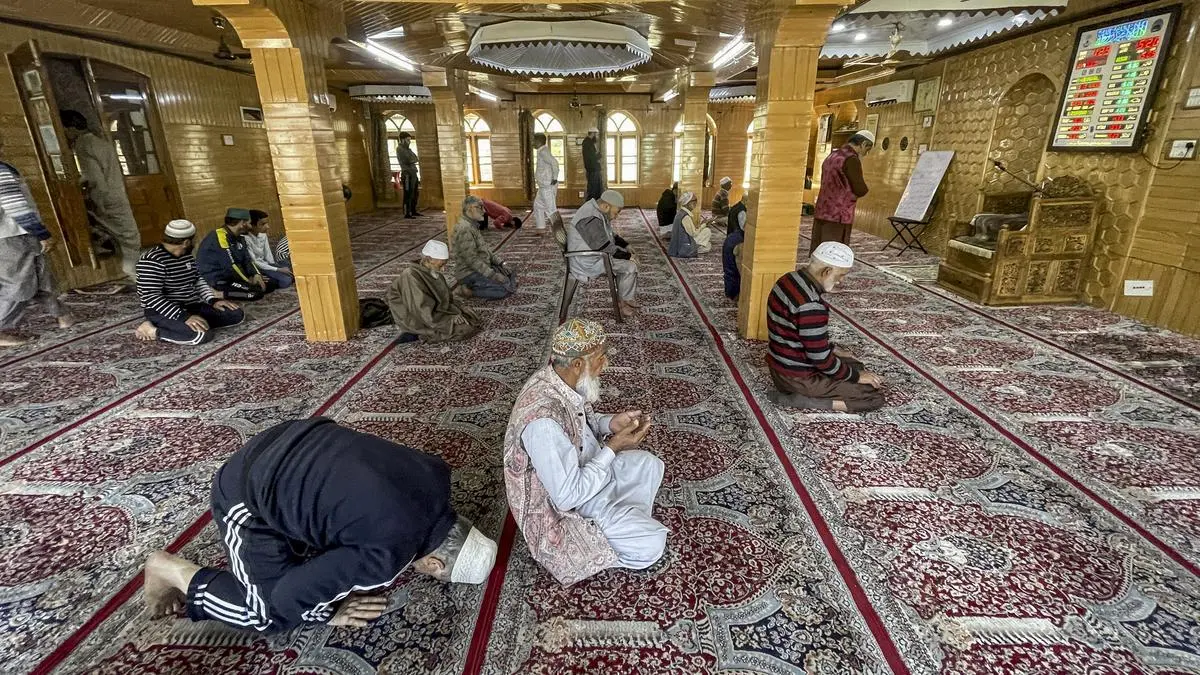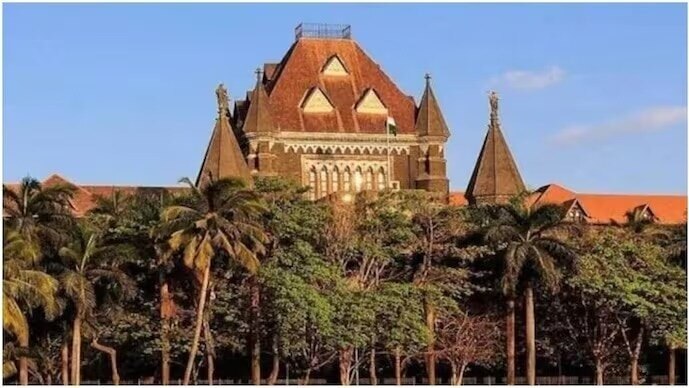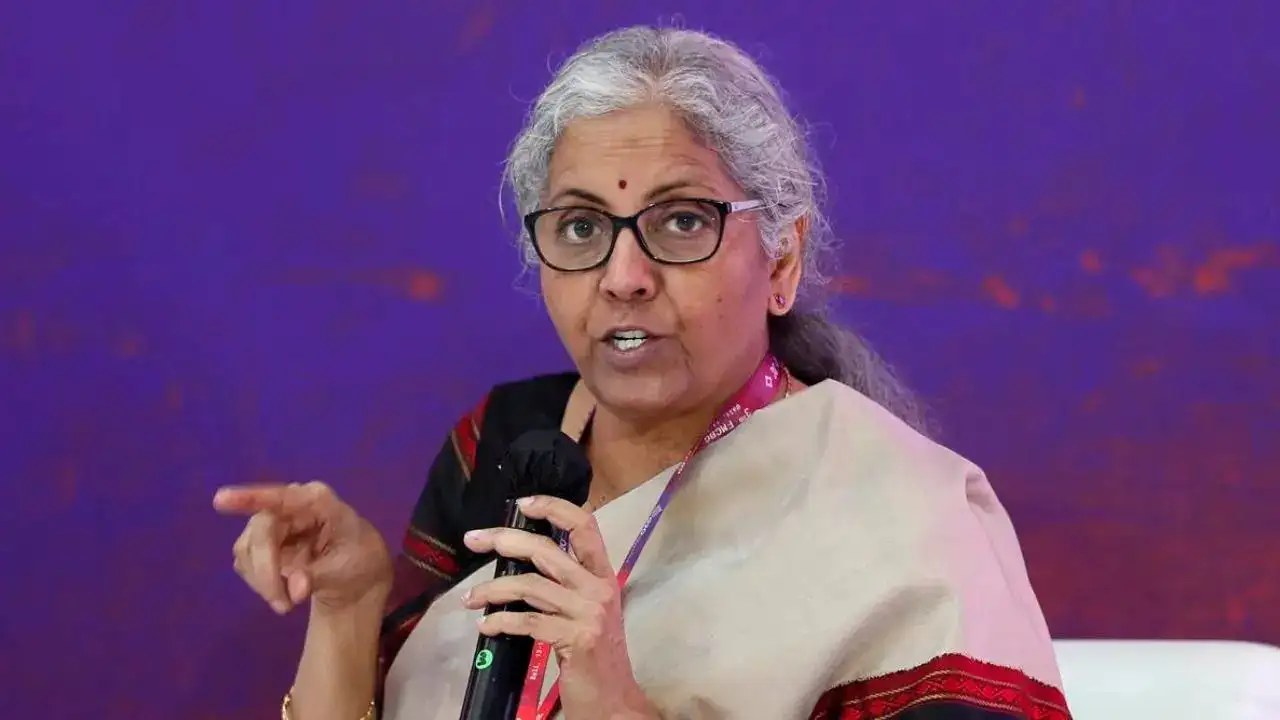By Ramasamy Jayaprakash
Copyright thehindubusinessline

A waqf is a permanent and irrevocable donation of property by a Muslim for religious, pious, or charitable purposes allowed under Islamic law. The owners relinquish their title, and it is transferred to the respective Waqf Board which, in perpetuity, cannot be pledged, sold or transferred. The person giving the property for the said charitable purpose is called a ‘waqif’.
What is the Waqf Act? What is the history behind it?
The Waqf Act is a union legislation that governs the administration of waqf properties in India. The Waqf (Amendment) Act, 2025, is the most recent legislation that governs the administration of waqf properties in India, replacing and updating the previous Waqf Act of 1995. The practice of giving properties as Waqf has been around since the time of 13th century Delhi Sultanate. However, this was codified and brought under the legal purview only from 1913. Since then, the law has been amended quite a few times. Here’s a brief timeline of those changes:
What does the Waqf (Amendment) Act, 2025 aim to do?
The Waqf (Amendment) Act, enacted in April 2025, is intended to be an overhaul of the existing Waqf Act, 1995. To start with, the law was renamed as “Unified Waqf Management, Empowerment, Efficiency, and Development Act” (UMEED Act), 1995. It hopes to address the issues of mismanagement, encroachment, and a lack of accountability of the Waqf Council and Waqf Board. The new law also aims to modernise the administration of Waqf properties by digitising records, in addition to altering the composition of regulatory boards to be more ‘inclusive’.
What were the contentious provisions of the Act?
Although Islamic organisations and Islamic scholars challenge the entire legislation, here are the key provisions in the new law which led to the controversy.
Abolition of ‘waqf by user’
According to the 1995 Act, if a property is in use for a long time for Islamic religious purposes, it becomes waqf property by default even without a formal deed of title transfer from the owner. This system is called ‘waqf by user’. The new law abolishes this, while protecting the status of existing properties registered as ‘waqf by user’.
Changes in creation of Waqf
Earlier, any person from any religion can create a ‘waqf’ property. The new amended act mandates that only individuals who have practiced Islam for a minimum of five years may declare a Waqf. The amendments also dictate that waqf-alal-aulad (a family waqf) should not result in denial of inheritance rights to female heirs of the property given as waqf.
More powers to District Collector
If a property is claimed as ‘waqf by user’ but the government claims the land as its own, the district collectors are now empowered to survey the property and submit his/her report determining if it is indeed a government property. Till such time, the property ceases to be a waqf property.
Changes to Waqf Board composition
The Waqf (Amendment) Act, 2025, has paved the way for appointing non-Muslims with expertise in law and administration to both the Central Waqf Council and State Waqf Boards. The stated intention for the move is to foster inclusivity. Out of the 22 Central Waqf Council members, up to 12 non-Muslims can be appointed and in the State Waqf Boards, up to 7 non-Muslims can be appointed in the council of 12 members. This paves the way for non-Muslims to have a majority, which is contested by Islamic organisations and scholars as infringement in ‘Freedom of Religion’. The earlier mandate that the CEO of the State Waqf Board should be a Muslim has also been removed.
Tribal and ASI lands cannot be waqf
If a waqf property is a protected monument or protected area under the Ancient Monuments Preservation Act, 1904, or the Ancient Monuments and Archaeological Sites and Remains Act, 1958, the waqf claim is considered void as per the new legislation. Similarly, if a property belongs to members of Scheduled Tribes, it cannot be deemed to be a waqf property.
Tribunal not ‘Supreme’
Any dispute on a waqf property is usually dealt by a Waqf Tribunal. As per the earlier legislation, the tribunal’s decision is considered final and cannot be appealed in High Court. The changes to the Waqf Act paves way for challenging the Waqf Tribunal’s decision in the High Court.
Applicability of Limitation Act
Earlier, any waqf property encroached by others can be challenged at any time as the Limitations Act of 1963 did not apply to any dispute on waqf properties. For instance, earlier, if a waqf property is under encroachment or illegal occupation, even for several decades, it can be challenged in the Tribunal. In all other civil properties, if an encroachment is not challenged within 12 years, the claim is considered time-barred as per the Limitations Act. It strengthens the rights of the encroachers. Now, the Limitations Act also applies to any waqf properties as well, in line with all other civil properties.
What has the Supreme Court ruled regarding this?
On September 15, the Supreme Court passed an interim order in a suit challenging the constitutional validity of Waqf (Amendment) Act, 2025. The key takeaways from the ruling are as follows:
What next? Will the government have to change the Waqf (Amendment) Act, 2025?
Not necessarily. The Supreme Court has taken a balanced, nuanced approach wherein it has upheld several sections of the amended Act. Even the sections that have been stayed, it has not determined them as unconstitutional. So, the Government would have to wait till the final judgement is given which determines if the contested provisions violate Articles 25 & 26 (religious freedom and minority rights) of the Constitution.
What has been the reaction of stakeholders to the Supreme Court verdict?
The reactions from the stakeholders, opposition leaders have been interesting. The ruling has been welcomed by both the supporters and opposers of the new Act. Opposition leaders from Congress, BRS, Trinamool Congress etc, have also welcomed the verdict and expressed trust in the judiciary. Many even described it as a setback to the Union Government.
The reactions from the Islamic organisations have been mixed. Some have welcomed the verdict acknowledging the relief provided regarding certain provisions, while staying hopeful about the final verdict being in their favour. Whereas others have expressed dissatisfaction as the law itself is not scrapped and certain provisions such as the waqf by user is not stayed.
Leaders from the BJP and the Sangh Parivar organisations have also welcomed the Supreme Court verdict and claimed that the law is fair and just as the several provisions of the amended act have been upheld and the law itself is not scrapped.
Published on September 18, 2025



